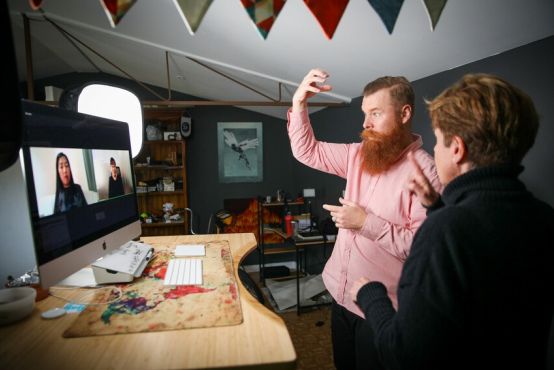Remote volunteering
From applying to working on an assignment. Learn about the steps involved in volunteering remotely.

The remote volunteering process
The application process
Understand what will be expected of you during the remote volunteering application process and what happens once your application is submitted
Learn moreBefore you start your assignment
Everything you need to do to prepare for your assignment
Learn moreOn assignment
Discover what happens on a remote assignment
Learn moreFinishing your assignment
Learn about wrapping up an assignment and what can come next
Learn moreWhy remote volunteering?
Through remote volunteering, Australians are supporting organisations overseas to achieve their development goals anywhere, anytime.
Learn more
Looking for more information
Support
We provide a range of support services to help you make the most out of your assignment.
Learn moreFrequently Asked Questions
Browse our extensive list of FAQs covering remote and in-country volunteering and more.
Explore the FAQsContact us
Call or email us to learn more about the right volunteering options for you.
Get in touchStay up to date on the latest volunteer assignments.
This site is protected by reCAPTCHA and the Google Privacy Policy and Terms of Service apply.